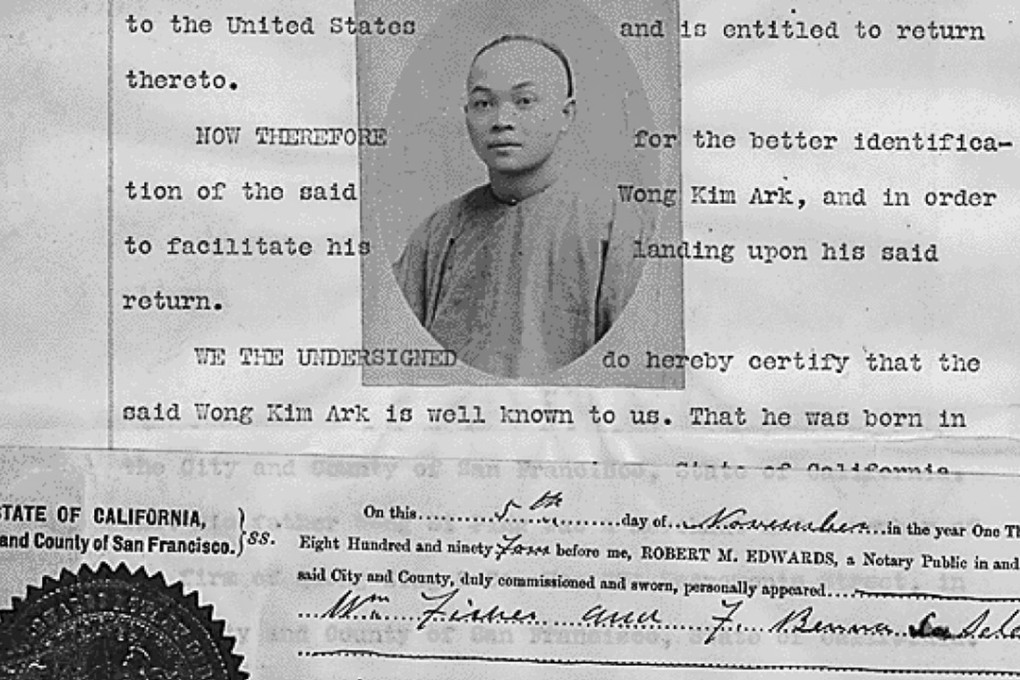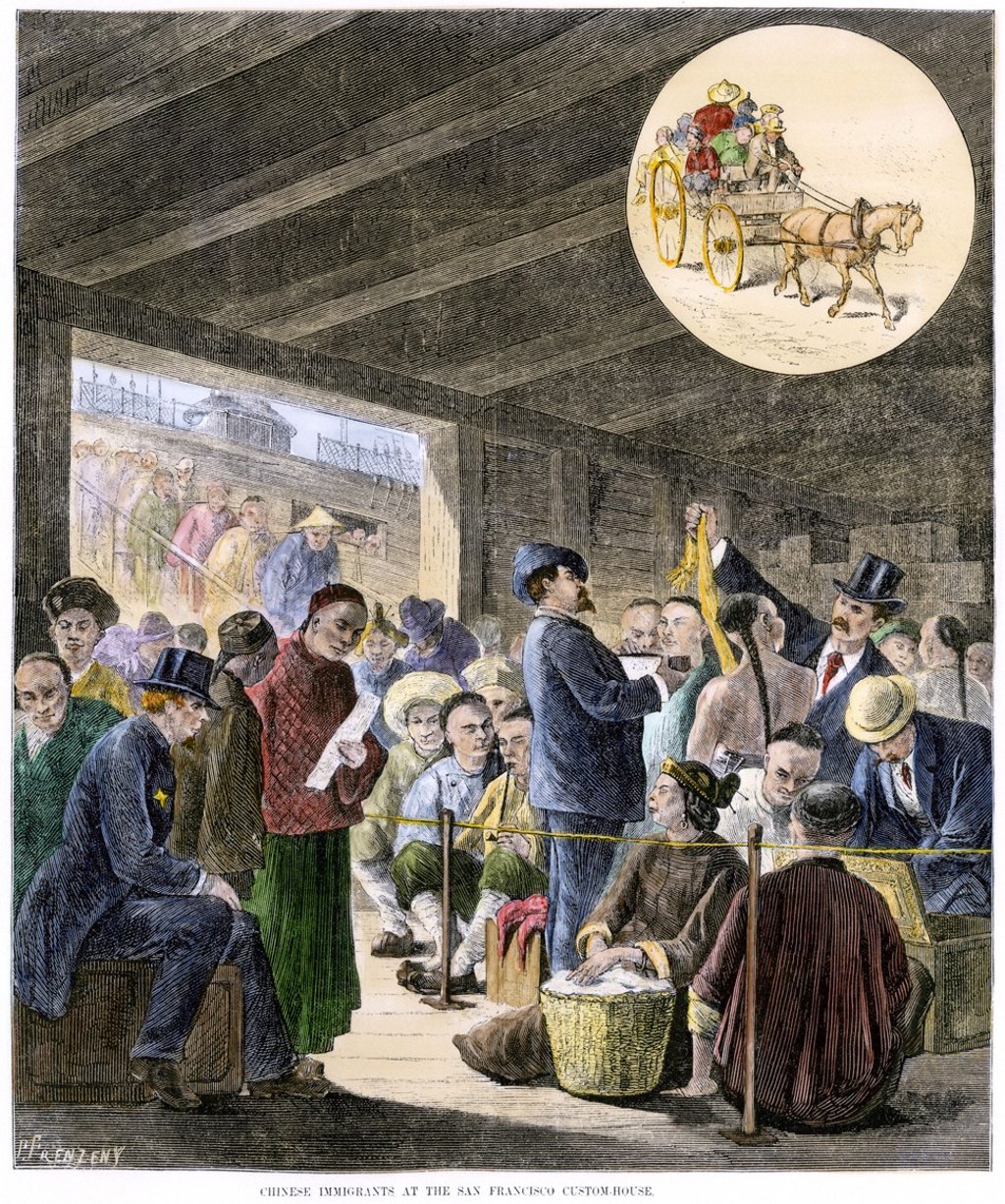Politico | Birth of a birthright: meet Wong Kim Ark, the Chinese-American whose Supreme Court case changed the country
- The 1895 case of Wong Kim Ark in San Francisco ended up in federal court
- Anti-immigrant forces gearing up for a fight to win judicial sanction for anti-Chinese laws saw Wong as a perfect test case

This story is published in a content partnership with POLITICO. It was originally reported by Jonathan M Katz on politico.com on October 31, 2018.
John H Wise was the scion of an old Virginia family, from Accomack county on the Eastern Shore. His relatives were fierce defenders of slavery – especially his Uncle Henry, who as governor had overseen the hanging of the insurgent abolitionist John Brown, then served as a Confederate brigadier general in the Civil War.
But John Wise left home not long after graduating from the University of Virginia to work as a customs inspector in San Francisco, and there were few African-Americans in California to discriminate against at the time. So, he became famous for discriminating against another group of people: Chinese immigrants.
In 1893, when President Grover Cleveland appointed him collector of customs, a job that put him in charge of foreign entries to the biggest port on the west coast, Wise started making up harsher entrance requirements for Chinese entrants than the law required.

He made merchants from China produce stacks of sworn statements, business documents and photographs at a time when none of that was easy or cheap to obtain. Once, as the historian Erika Lee has written, he deported a long-time US resident who was trying to re-enter the country to see his fiancée. Then he wrote a poem to the man’s attorney in Los Angeles, gloating: “I’ve sent him back to China / Where he can eat his mice.”